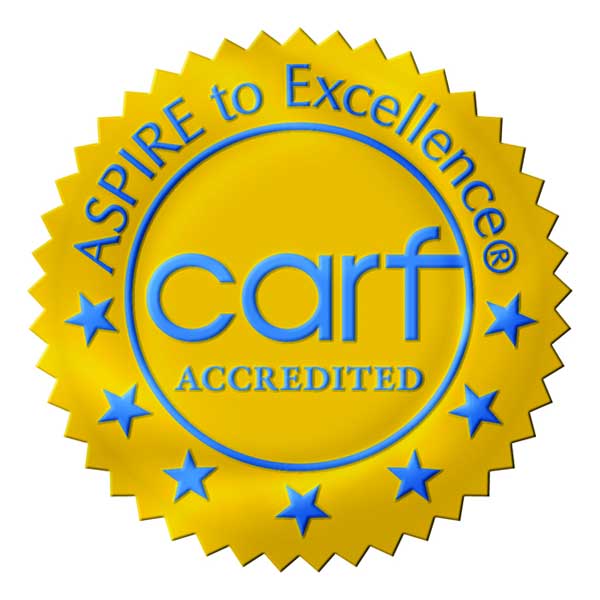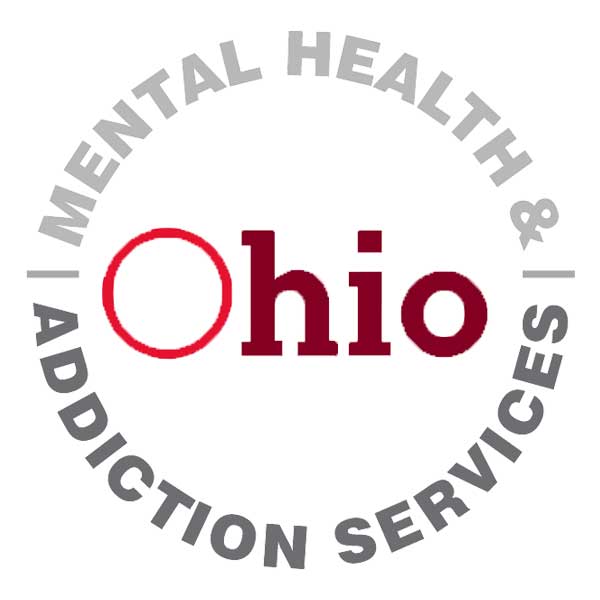GET HELP NOW
513.792.1272
When Does Substance Use Become Substance Abuse?

The question of when use becomes abuse is complex. From a legal point of view, it’s black and white: use equals abuse. A professional “addictionology” view believes use becomes abuse when the person continues to use despite negative consequences. A family or values perspective may be more complex. It is based on competing needs and beliefs. Regardless of the amount of use in which a teen is engaging, there can be serious legal, family, and health consequences. Any teen who has engaged in substance use can stop using with help.
Be Willing to Change
To understand how to help an adolescent with substance abuse, one needs to begin with the concept of willingness. Consistently, our experience at ASAP is that recovery starts with willingness. For both an adolescent and his or her parents, recovery starts with the willingness to listen, absorb, identify necessary changes, and finally to deal with the pain that even healthy changes can create.
Gains and Losses in Recovery
Parents often only consider the upsides of sobriety. These include less contact with the police, improved grades, increased family communication, and reduced family stress. For the substance abuser, there are also losses. Some losses include: a easier way to avoid pain or negative feelings, the need to change friend groups, a best friend (substances), status, and something to do.
Recovery can also bring expectations that substance abusers may be unsure they can meet. New challenges include: improving grades, increasing engagement with parents, and developing new friendships. At the same time, they may be struggling with feeling lonely and overcoming boredom.
Partners in Recovery
For parents to be effective partners in recovery, they need to accept that, like other illnesses, recovery is often bumpy. For substance abuse to be overcome, parents will need to be committed to the process, loyal to their children, and have a strong belief that substance abuse can be overcome. Parents who do not begin with these beliefs, can gain them through the treatment process.
This includes encouraging your teen to commit to attending Continuing Care and NA/AA, going to Al-Anon or our Parents’ Continuing Care group, and applying what each of you has learned at ASAP.
RELATED POSTS
ASAP is Cincinnati's premiere outpatient treatment center for teenagers and their families struggling with substance abuse and mental health problems.
SUBSCRIBE
Enter your email address to receive news and information from ASAP.











